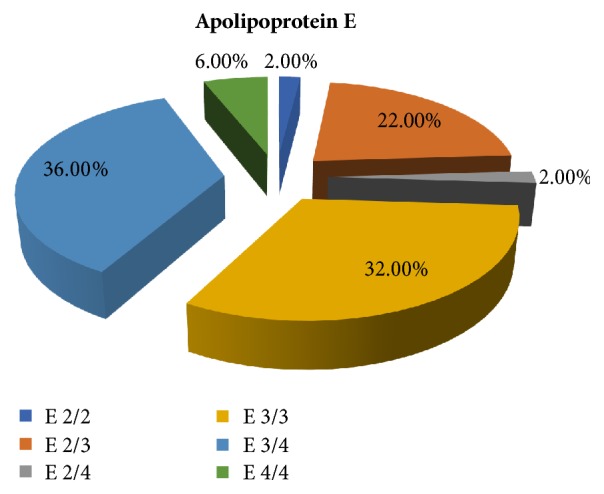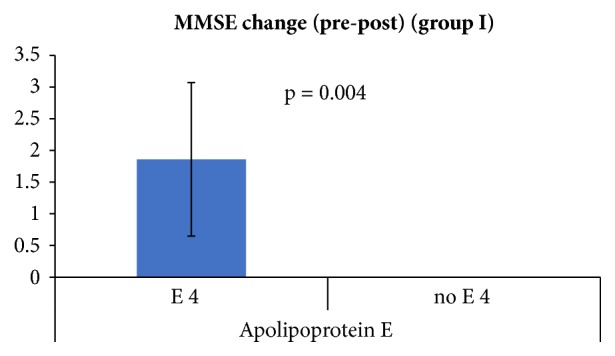遗传对特发性帕金森病认知的影响。
IF 2.8
Q4 NEUROSCIENCES
Neurology Research International
Pub Date : 2018-08-01
eCollection Date: 2018-01-01
DOI:10.1155/2018/5603571
引用次数: 1
摘要
本文章由计算机程序翻译,如有差异,请以英文原文为准。



Genetic Influences on Cognition in Idiopathic Parkinson's Disease.
Cognitive impairment in Parkinson's disease was clearly reported in the medical literature [1, 2]. This impairment is common to some degree even in nondemented Parkinson’s disease patients (PD-ND) and eventually progresses to dementia in 24 to 31% of patients [3]. The cognitive changes in PD are characterized by a frontalsubcortical impairment with decreased attention and executive function leading to progressive impairment in prefrontal tasks, visuospatial skills, and memory. Still, 20 to 25% of PDND patients may exhibit a pattern of cortical impairment with memory tasks and confrontation naming defects, and cognitive findings associated with cortical pathology, such as language errors, develop in many patients with PD with dementia (PDD) [4]. The identification of the biomarkers for cognitive impairment in patients with PD will allow better assessment of the patients' prognosis. Some genes, such as apolipoprotein E (ApoE) and microtubule-associated protein tau (MAPT), are of particular interest because of their known association with dementia in other neurodegenerative diseases, such as Alzheimer’s disease (AD) and atypical parkinsonian syndromes, including progressive supranuclear palsy and corticobasal degeneration (Morley et al., 2012) [5]. The aim of this study is to determine the role of genetic factors associated with cognitive decline in Parkinson’s disease (PD). We examined whether variations in apolipoprotein E (ApoE) and microtubule-associated protein tau (MAPT) genotypes are associated with cognitive decline in PD.
求助全文
通过发布文献求助,成功后即可免费获取论文全文。
去求助
来源期刊

Neurology Research International
NEUROSCIENCES-
CiteScore
3.50
自引率
0.00%
发文量
10
审稿时长
17 weeks
期刊介绍:
Neurology Research International is a peer-reviewed, Open Access journal that publishes original research articles, review articles, and clinical studies focusing on diseases of the nervous system, as well as normal neurological functioning. The journal will consider basic, translational, and clinical research, including animal models and clinical trials.
 求助内容:
求助内容: 应助结果提醒方式:
应助结果提醒方式:


